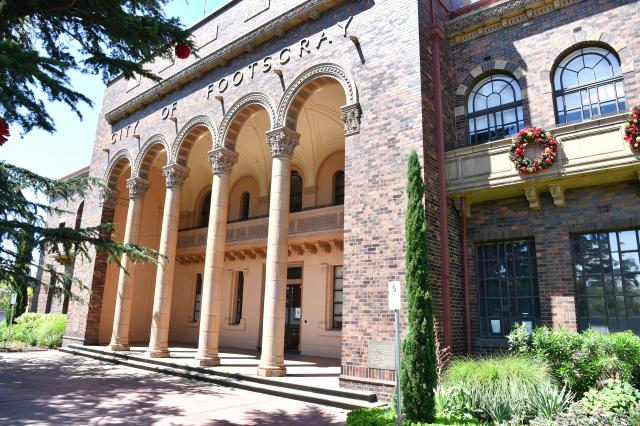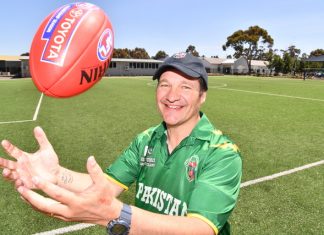
Jennifer Pittorino
Satisfaction with Maribyrnong council rates slowly below the average metro Melbourne mark in the 2023 annual community survey.
In its meeting on Tuesday, March 19, council released the results of the survey, displaying council’s overall performance of 6.9 out of 10, which is marginally below that of metropolitan Melbourne average of 7.0.
The council said this result is sitting at a ‘good level’ and is on par with the 2021 results, which is the equal second highest score recorded and only slightly below the record high achieved in 2020.
Consistent with previous years, road maintenance and repairs and traffic management are the top issues ‘at the moment’ the community wants council to address.
The five services and facilities that recorded scores measurably lower than the average were, parking enforcement, footpath maintenance and repairs maintenance and cleaning of Footscray CBD, maintenance and repair of sealed local roads, and public toilets.
The same eight services and facilities as last year received a score measurably higher than the average.
These were fortnightly recycling, weekly garbage collection, library services, fortnightly green waste collection, annual hard rubbish collection, Maribyrnong Aquatic Centre, provision and maintenance of playgrounds, and additional paid hard rubbish collection.
Councillor Micheal Clarke said council has seen an increase in ‘very satisfied’ responses and decrease in ‘dissatisfaction’.
“The object of the research is to measure the level of community satisfaction with a range of services and facilities, aspects of governance, leadership, training, development and customer service,” he said.
Cr Clarke said the survey also indicates that Maribyrnong residents are looking to engage with council over the phone or online rather than in person.
“Historically it has been face-to-face, today we find that only nine per cent of respondents actually reported contacting counsel in person,” he said.
“Over 90 per cent of contacts are using the electronic social media systems that we have access to.”







